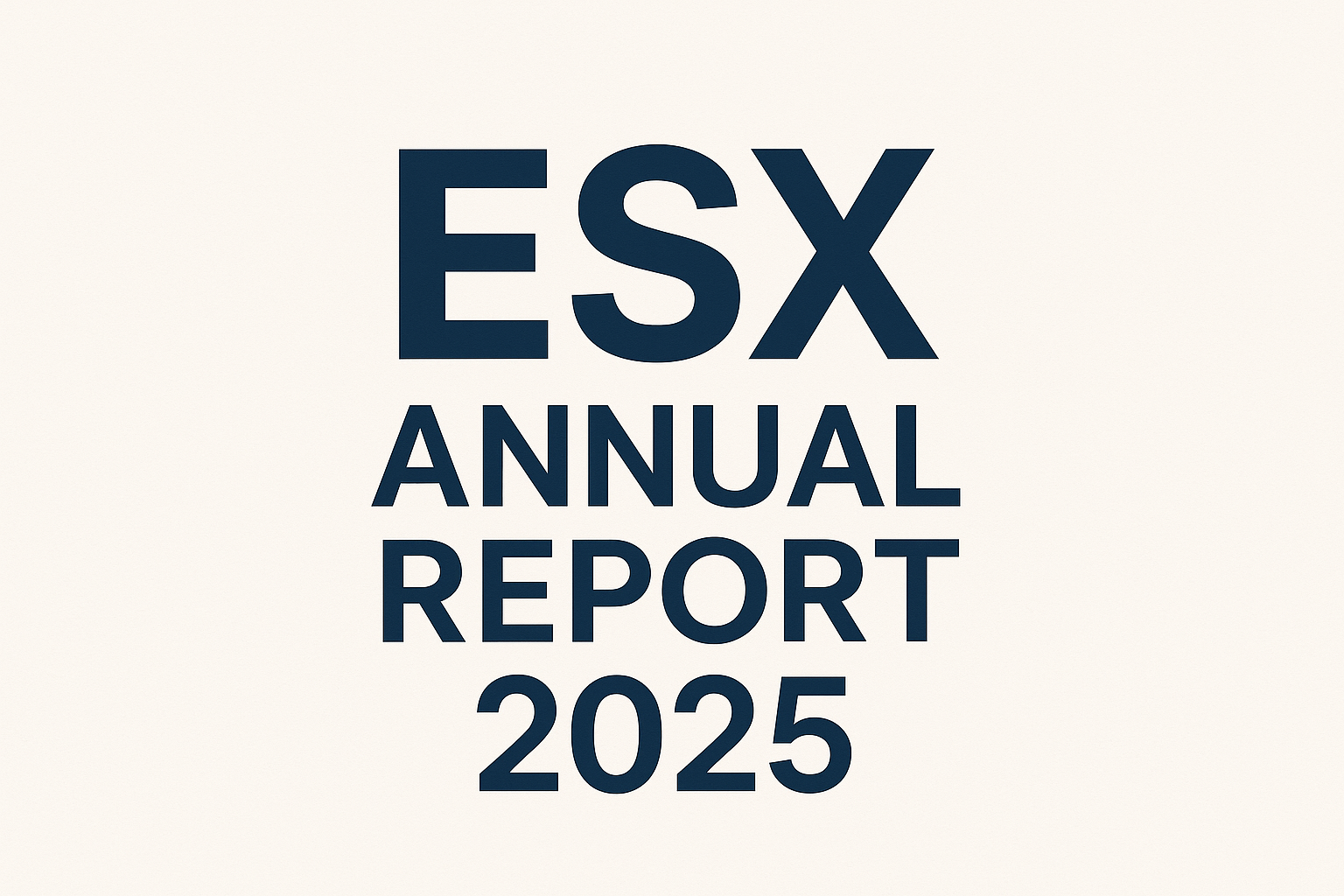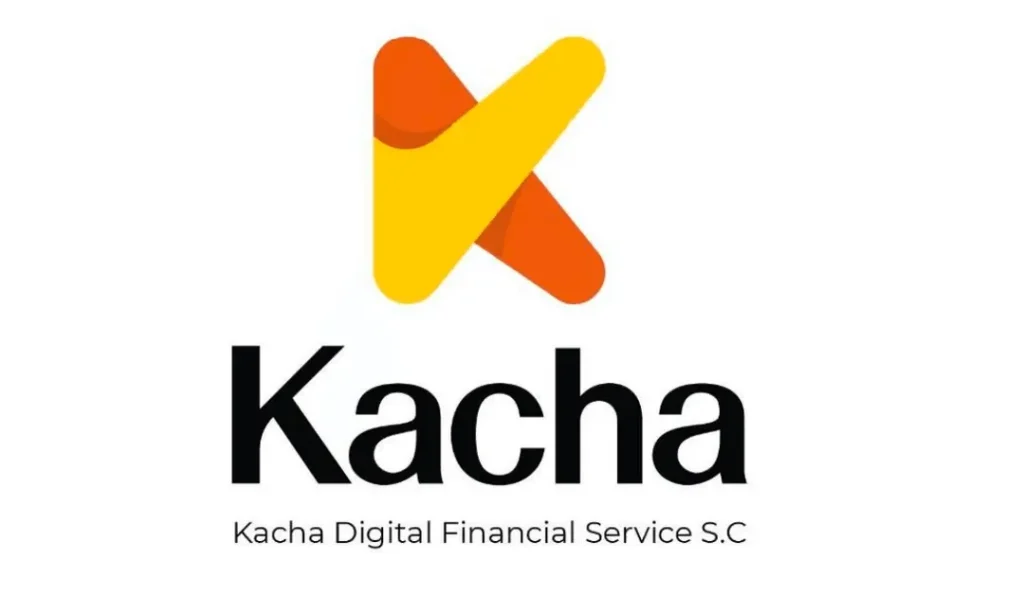Ethiopia’s Fruit Drink Tax Dispute: Policy, Pressure, and a Partial Pause
Key Points
- Ethiopia’s 2020 excise law taxed sugary drinks but left fruit juice definitions unclear.
- The Revenue Ministry later demanded four years of back taxes from drink makers.
- The Finance Ministry halted the tax in 2025 after industry backlash and factory closures.
- The case shows the need for clearer laws and fairer support for local producers.

Ethiopia’s ongoing tax dispute with fruit drink manufacturers stems from an excise tax reform enacted in 2019 under Proclamation No. 1186/2020, which expanded levies to include sweetened beverages. The law’s vague wording left ambiguity around fruit-based drinks, leading many producers to market sugar-added beverages as “fruit juice.” In 2023, the Ethiopian Food and Drug Authority (EFDA) clarified that only drinks containing at least 30 percent fruit pulp or concentrate qualify as juice, reclassifying most local products as taxable flavored drinks. Following this, the Ministry of Revenue (MoR) retroactively imposed four years of excise taxes—plus penalties and interest—on manufacturers, with some firms facing liabilities of roughly 70 million Birr each. The move devastated Ethiopia’s small beverage sector: most producers, already strained by forex shortages and the closure of the country’s only pulp supplier (AfricaJUICE Tibila), halted operations, and several shut down entirely. Industry leaders argued the standard had not been properly communicated and was impossible to meet without local pulp processing or sufficient foreign currency. The Ministry of Finance later intervened, acknowledging that the retroactive tax had forced multiple domestic producers to close and worsened an already fragile manufacturing environment.
Amid mounting backlash, Ethiopia’s government reversed its stance on the fruit drink excise tax dispute after nearly a year of negotiations. In September 2025, the Ministry of Finance (MoF), led by State Minister Eyob Tekalign (now National Bank Governor), suspended the Ministry of Revenue’s (MoR) directive that had retroactively imposed four years of unpaid excise taxes on local fruit drink producers. The MoF admitted that the law’s wording had been ambiguous and that penalizing companies for taxes not collected from consumers was unjust, noting also that imported products had not faced the same retroactive tax—creating an unfair advantage over domestic manufacturers. Under the new decision, producers will only pay excise tax on sales made after November 2023, with all prior liabilities and penalties put on hold pending a permanent solution. The ruling, which effectively spared firms from average back-tax bills of about 70 million Birr each, was welcomed by industry leaders as a lifeline for the struggling beverage sector. Ashenafi Merid of the Beverage Industries Association called it “a big relief for the sector,” praising officials for their understanding. Many factories are now expected to restart production and rehire workers, though they will continue to face higher costs as fruit drinks are officially classified as sweetened beverages. The temporary suspension remains in place until policymakers decide on a long-term fix, potentially by amending the excise law or adjusting the 30% fruit content rule to better reflect local production realities.
Ethiopia’s fruit drink excise saga illustrates the country’s broader struggle to balance fiscal goals, public health priorities, and industrial development. The 2020 excise tax reform—introduced under Proclamation No. 1186/2020—expanded levies on sweetened beverages to curb sugar consumption and raise government revenue. While the intent aligned with global “sin tax” trends, the results were deeply disruptive for local manufacturers. When the tax rate on soft drinks rose to 25%, national production of non-alcoholic beverages fell by nearly 20% in a single year, and both major bottlers like Coca-Cola’s East Africa Bottling and Pepsi’s MOHA, as well as small-scale producers, suffered sharp declines in sales and profits. Many smaller firms also faced “double taxation,” paying excise duties on inputs such as sugar and again on final products, eroding already slim margins. What began as a well-meaning policy to promote health became an economic strain that exposed how vulnerable Ethiopia’s young manufacturing sector remains to sudden regulatory changes. The problem was compounded by the retroactive enforcement of taxes on fruit drink producers—based on an ambiguous 30% fruit content rule—that threatened to bankrupt several local firms already constrained by forex shortages and input scarcity.


This crisis shed light on deeper structural weaknesses in Ethiopia’s industrial ecosystem. Despite decades of policy attention through the Growth and Transformation Plans and the Homegrown Economic Reform agenda, manufacturing’s contribution to GDP has fallen from 5.9% in 2019 to 4.4% in 2022, with over 440 factories closing that year alone. The beverage and agro-processing sectors, once touted as key drivers of value-added growth, were among the hardest hit. Local producers operate under far tougher conditions than importers, who often enjoy duty exemptions, easier credit, and access to foreign currency. Imported “fruit juices” entered the Ethiopian market largely untaxed, while domestic producers were penalized for unclear or inconsistently applied standards, further eroding competitiveness. Analysts argue that if Ethiopia wants to build a robust manufacturing base, its fiscal and regulatory regimes must align—health-driven standards like the 30% fruit pulp rule should be phased in gradually and supported through incentives such as tax credits or investment in local fruit processing plants. Without such structural support, well-intentioned regulations can backfire, discouraging investment and destroying local capacity.
The Ministry of Finance’s September 2025 decision to suspend retroactive excise enforcement was therefore a critical step in averting sectoral collapse. The government’s acknowledgment that the law’s wording was ambiguous and that punishing firms for taxes not collected from consumers was unjust restored confidence among beverage manufacturers. The suspension lifted crushing back-tax liabilities—averaging around 70 million Birr per company—and gave struggling factories the breathing room to restart production, rehire workers, and revive supply chains. Industry leaders like Ashenafi Merid of the Beverage Industries Association called it “a big relief,” underscoring how crucial policy clarity is for industrial stability. Still, fruit drink makers will continue paying excise tax on current sales as their products remain classified as sweetened beverages—raising costs but avoiding the existential threat of retroactive taxation. The episode offers a powerful lesson for Ethiopia’s economic policymakers: industrial growth cannot be sustained through ad hoc or punitive regulation. Long-term success will depend on coherent coordination across ministries, predictable laws, and targeted industrial support that encourages compliance rather than penalizing ambiguity. If managed wisely, this episode could mark a turning point—where Ethiopia learns to balance revenue collection with industrial competitiveness, transforming a regulatory crisis into a catalyst for smarter, more inclusive manufacturing policy.






